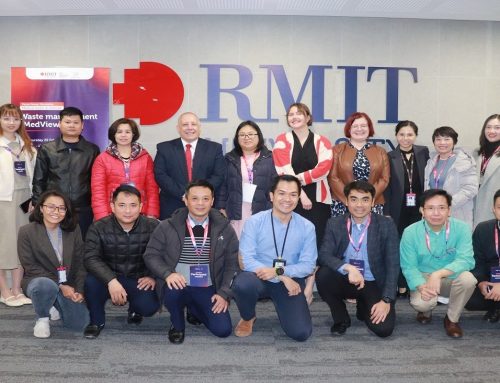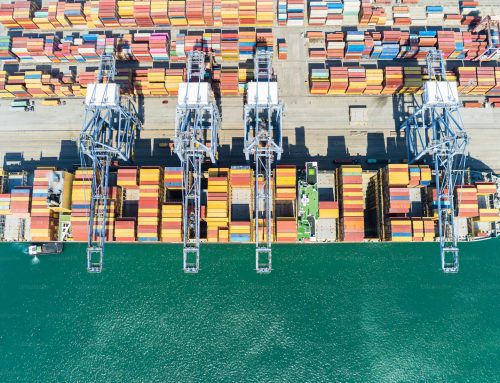After a disaster hits a region, a considerable number of NGOs becomes involved in humanitarian operations. For example, after the Asian Tsunami in 2004, more than 700 international NGOs from 40 countries were present in the affected area, and after the Haiti earthquake in 2010 more than 3,000 NGOs were estimated to be operating in Haiti. In this context, looking for a proper partner or organizing successful collaboration is a challenging task. It is not adequately clear whether having a partner with a higher level of compatibility and/or whether having a partner with the experience and capabilities to manage the collaboration process is vital to having successful inter-organizational collaboration.
The result of a recent study (Moshtari, 2016) suggests that mutual trust and reciprocal commitment are the key drivers of collaborative performance between international NGOs. Mutual trust refers to partners goodwill, and reliance on the partners capabilities. Reciprocal commitment is associated with the desire and motivation of the partners to preserve and perpetuate the relationship. Moreover, inter-organizational resource complementarity, coordination capability and relational capability are antecedent factors increasing the success of inter-organizational collaboration. Contrary to common belief, this investigation does not support the theory that the strategic and operational compatibility of partners plays a critical role in the success or failure of their collaboration. In other words, similarities in partners’ missions, values, goals or operational methods and procedures do not significantly inhibit or drive collaborative success or failure among international NGOs.
These findings imply that sharing valuable resources and developing relationship management capability (i.e., coordination, communication, and bonding skills) drive mutual trust and reciprocal commitment. In other words, if international NGOs do not share valuable resources, or do not invest in developing strong human resources and relationship management skills, collaborative initiatives will not work properly. Managers should take into account the level of collaboration and acknowledge that pursuing a higher level of collaboration is associated with a greater degree of reciprocal commitment and mutual trust. This necessitates managerial approaches that enhance these characteristics through the sharing of complementary resources and the strengthening of coordination and relational capabilities. Donors also have a critical role in increasing the capabilities of organizations and changing their approach to engaging in collaborative initiatives that eventually lead to efficient and effective humanitarian operations. Donors may revise their contract protocols to incentivize organizations to invest in critical capabilities, forge relationship-specific investments (i.e., investment of time, effort, spending, and resources focused on building a stronger and efficient relationship) and adopt a long-term orientation in planning and operational activities.
Interested readers are warmly invited to read the following papers from the author on the collaboration among humanitarian organizations, and share their comments with him:
- Moshtari, Mohammad, and Paulo Gonçalves. (2017). Factors Influencing Collaboration among Humanitarian Organizations. Voluntas: International Journal of Voluntary and Nonprofit Organizations, 28 (4): 1673–1694
- Gonçalves, Paulo, and Mohammad Moshtari. (2016). Collaborative Initiatives among International Actors within a Humanitarian Setting, International Journal of Networking and Virtual Organizations. 16(4): 346-361
- Moshtari, Mohammad. (2016). Inter-Organizational Fit, Relationship Management Capability, and Collaborative Performance within a Humanitarian Setting. Production and Operations Management, 25(9): 1542–1557.
Mohammad Moshtari is a research fellow and lecturer at Hanken School of Economics. He completed his PhD program at the Università della Svizzera italiana (University of Lugano) in Switzerland. His research area is about inter-organizational relationship, supply chain risk management, open innovation, and humanitarian operations. Mohammad starts a tenure-track assistant professorship in supply chain management (second term) at Tampere University of Technology from October 1, 2017.




